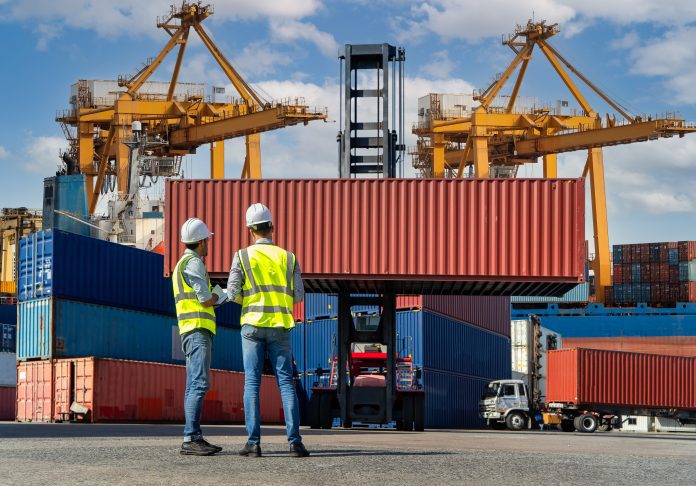U.S. East and Gulf Coast port workers began a strike early Tuesday, significantly impacting the automotive supply chain. With $37.8 billion in vehicle imports processed at these ports in the past year alone, the strike poses a substantial risk to the timely delivery of vehicles and crucial auto parts. Bill Long, CEO of the Motor & Equipment Manufacturers Association (MEMA), warned that prolonged disruption could lead to plant shutdowns and layoffs, stating, “If it’s a lengthy strike… it’s going to be a disaster.”
The strike follows the expiration of a labor contract between the International Longshoremen’s Association (ILA), representing 45,000 port workers, and the United States Maritime Alliance (USMX). Despite negotiations, which included a USMX proposal for nearly a 50% wage increase, discussions reached an impasse. The ILA rejected the latest offer, prompting the strike. The USMX expressed hope that extending the current master contract could help resume bargaining.
Analysts estimate the strike could cost the U.S. economy about $5 billion daily, affecting various shipments, including cars, light trucks, food, and retail goods. The Port of Baltimore, which handled 847,158 vehicles in 2023, is the busiest U.S. port for automotive imports and is among the facilities impacted. The ripple effects could extend internationally, disrupting European and Asian supply chains.
Major automotive manufacturers are closely monitoring the situation. Toyota Motor North America’s head of sales, Jack Hollis, stated, “Every single day of these things can cause issues for people to consider.” European automakers, including BMW and Volkswagen, may face disruptions in imports, although current high inventory levels could mitigate immediate effects. General Motors and Ford are implementing contingency plans, while Hyundai is coordinating with its logistics affiliate to ensure continued vehicle delivery.
MEMA has called on the Biden administration to intervene, emphasizing that even minor disruptions in the supply chain could lead to larger problems. Notably, 70% of auto parts imports into the U.S. flow through the affected ports, and delays could halt production lines nationwide. The ILA strike is the first of its kind since 1977 and threatens to exacerbate an already fragile supply chain just weeks ahead of the presidential election.
Despite the urgent situation, President Biden has indicated he does not plan to intervene using the federal Taft-Hartley Act, which would mandate workers return to their jobs during negotiations. As negotiations remain stalled, businesses across multiple sectors brace for the potential fallout of this historic strike, which could jeopardize jobs and further strain the economy.








